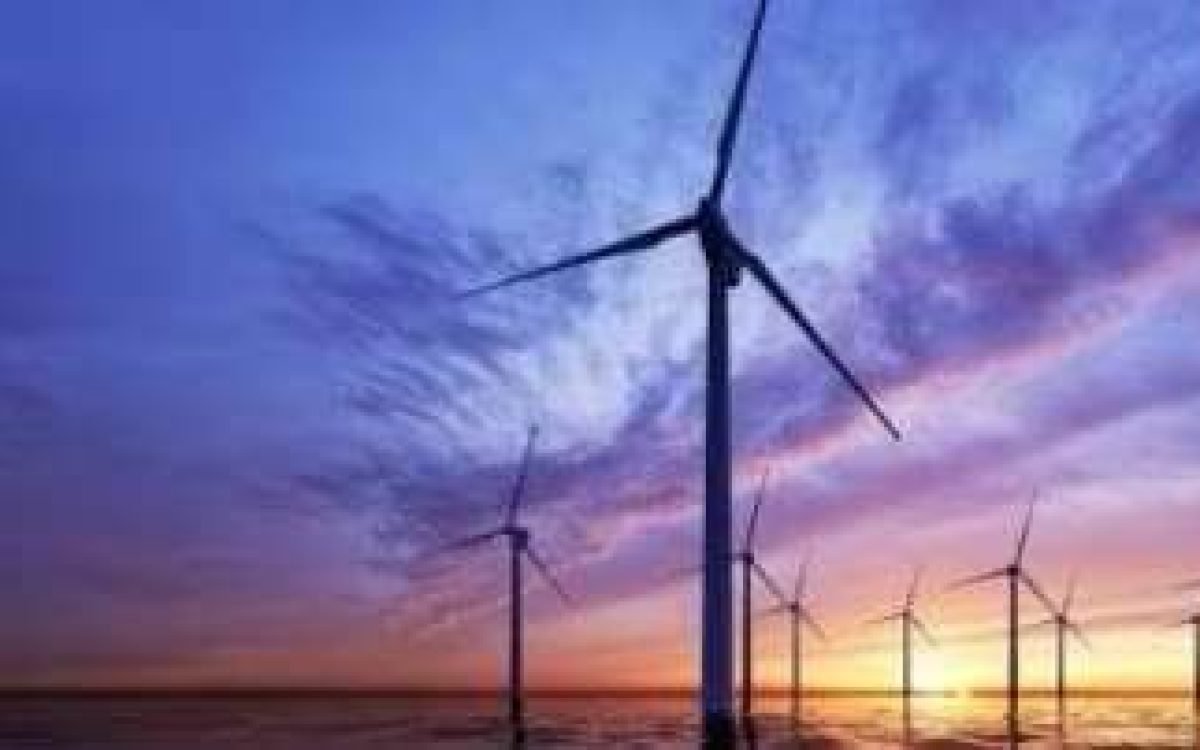1. Significance of the Upcoming Budget
Despite being a vote on account due to the upcoming elections, the budget to be presented by Finance Minister Nirmala Sitharaman holds immense significance for various government goals.
2. Focus on Energy Security and Transition
Energy security and transition continue to be focal points, with India’s peak power demand growing significantly. The government aims to cut carbon emissions by 45% and 60% by 2030 and 2040, respectively.
3. Green Initiatives in Budget 2023
Budget 2023 emphasizes a green future, mandating the blending of compressed biogas and establishing power lines for a massive 10 GW renewable energy project in Ladakh.
4. Viability Gap Funding for Battery Storage
A scheme on Viability Gap Funding (VGF) for the development of battery energy storage systems with a capacity of 4,000 MWh is in the spotlight.
5. Customs Duty Exemption for Lithium-ion Cells
The budget includes customs duty exemption for the import of capital goods and machinery for manufacturing lithium-ion cells used in electric vehicles until March 31, 2024.
6. Investment in Green Hydrogen Mission
An outlay of ₹19,700 crores for the Green Hydrogen Mission with a target of 5 MMT annual production by 2030 reflects the commitment to energy transition.
7. Capital Investments for Net Zero Objectives
An allocation of ₹35,000 crores for priority capital investments towards net zero objectives, energy transition, and security underscores financial support for sustainability.
8. Strengthening Renewable Energy Transmission
A substantial investment of ₹20,700 crores, including central support, aims to strengthen the interstate transmission system for 13 GW of renewable energy from Ladakh.
9. GOBARdhan Scheme for Waste to Wealth
The GOBARdhan scheme plans to establish 500 ‘waste to wealth’ plants with a total investment of ₹10,000 crores.
10. FDI Boost for Renewable Energy
The budget offers 100% permission for foreign direct investment (FDI) under the automatic route for renewable energy projects.
11. Incentives for Solar and Wind Power
Waiver of ISTS charges and declaration of trajectory for RPO up to 2030 demonstrate the government’s commitment to solar and wind power projects.
12. Future Expectations in Budget 2024
Looking ahead to Budget 2024, India aims to navigate the challenges of rising demand, geopolitical tensions, and environmental concerns through a strategic focus on energy transition and sustainable initiatives, including expanding ethanol blending and manufacturing capacities for cells and modules. The article anticipates continued efforts in green hydrogen cooperation, leveraging solar power advantages, and exploring carbon credits, market coupling, offshore wind, and tidal power.









